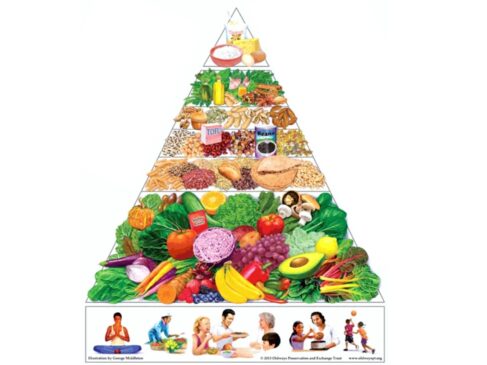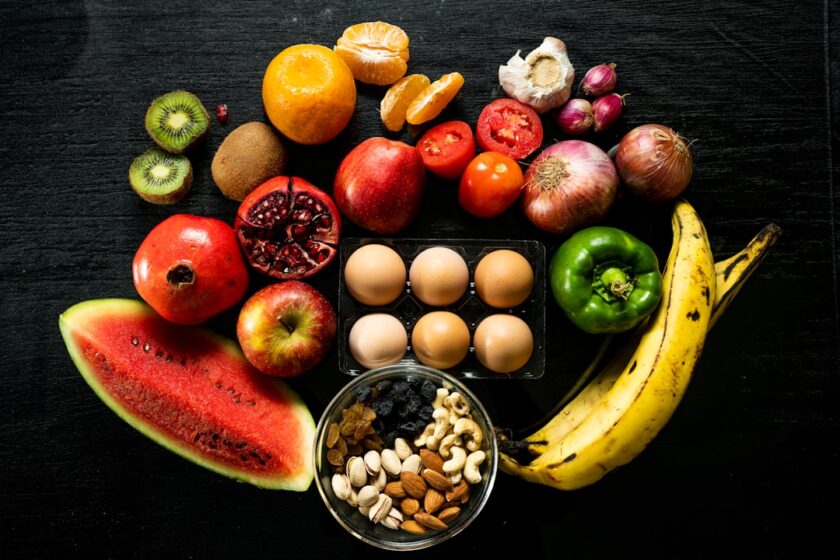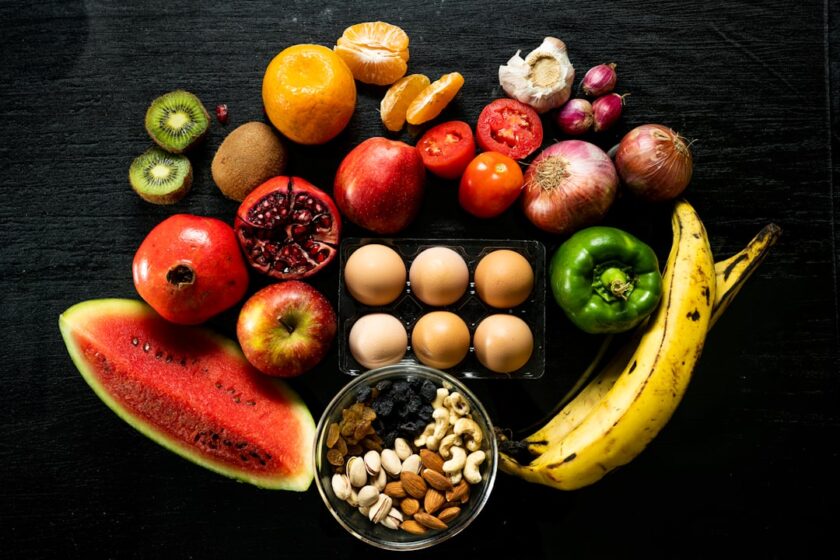Introduction
Maintaining healthy skin goes beyond just topical treatments. A healthy skin diet plays a crucial role in achieving that radiant, youthful glow. In this guide, we’ll explore the key components of a skin-friendly diet and how you can easily incorporate them into your daily routine.
1. The Importance of Nutrition for Skin Health
Your skin is the largest organ in your body, and like any other organ, it needs the right nutrients to function optimally. A balanced diet helps combat skin issues such as aging, acne, and dryness.
Key Nutrients for Healthy Skin
- Vitamins: Vitamin C, Vitamin E, and Vitamin A are essential for maintaining skin health.
- Minerals: Zinc and selenium contribute to skin repair and protection.
- Healthy Fats: Omega-3 fatty acids help reduce inflammation, keeping skin supple.
- Antioxidants: These protect the skin from free radicals, which can cause premature aging.
2. Foods to Include in Your Healthy Skin Diet
Incorporating a variety of nutrient-dense foods is essential for achieving beautiful skin. Here are some top foods to consider:
Fruits and Vegetables
- Tomatoes: High in lycopene, which protects against sun damage.
- Blueberries: Rich in antioxidants and can help maintain skin elasticity.
- Spinach: Packed with Vitamin A and antioxidants that promote skin repair.
- Avocados: Contain healthy fats and vitamins E and C.
Nuts and Seeds
- Walnuts: A great source of omega-3 fatty acids.
- Sunflower seeds: High in Vitamin E, which is crucial for skin health.
- Chia seeds: Loaded with omega-3s and help maintain moisture in the skin.
Whole Grains
Whole grains are packed with B vitamins, which are essential for maintaining healthy skin. Opt for:
- Oats
- Quinoa
- Brown rice
Healthy Protein Sources
Protein aids in skin repair and regeneration. Consider including:
- Legumes (beans and lentils)
- Lean meats
- Fish, particularly salmon, which is rich in omega-3s
Healthy Fats
Incorporate healthy fats into your diet to nourish your skin:
- Olive oil
- Coconut oil
- Fatty fish such as mackerel and sardines
3. Hydration: The Key to Radiant Skin
Drinking plenty of water is essential for keeping your skin well-hydrated. Aim for at least 8 glasses of water a day, and consider:
- Herbal teas
- Infused water with fruits and herbs
- Avoiding excessive caffeine and alcohol, which can dehydrate the skin
4. Foods to Avoid for Better Skin Health
Just as there are foods that benefit your skin, there are also those that can negatively impact its appearance. Consider minimizing the following:
- Processed foods: High in sugar and unhealthy fats.
- Dairy products: Some studies suggest a link to acne.
- High-glycemic foods: Such as white bread and sugary snacks that can spike insulin and lead to breakouts.
- Excessive salt: Can lead to dehydration and puffiness.
5. Supplements for Skin Health
If it’s challenging to meet your needs through food alone, consider these supplements, after consulting with a healthcare provider:
- Fish oil: Provides omega-3 fatty acids.
- Vitamin E and C: Antioxidant support for skin.
- Collagen: Supports skin elasticity and hydration.
6. Lifestyle Tips for Healthy Skin
A healthy skin diet is just one part of the equation. Here are some lifestyle tips to enhance your skincare efforts:
- Regular Exercise: Increases blood circulation, helping to nourish skin cells.
- Quality Sleep: Aim for 7-9 hours to allow for skin repair and rejuvenation.
- Stress Management: Incorporate practices like yoga and meditation.
- Sun Protection: Use sunscreen daily, even on cloudy days.
Conclusion
Adopting a healthy skin diet can lead to significant improvements in your skin’s appearance and health. By focusing on nutrient-dense foods, staying hydrated, and avoiding harmful substances, you’ll be well on your way to achieving a beautifully radiant complexion. Remember, consistency is key – make these dietary and lifestyle changes a regular part of your routine for the best results!



